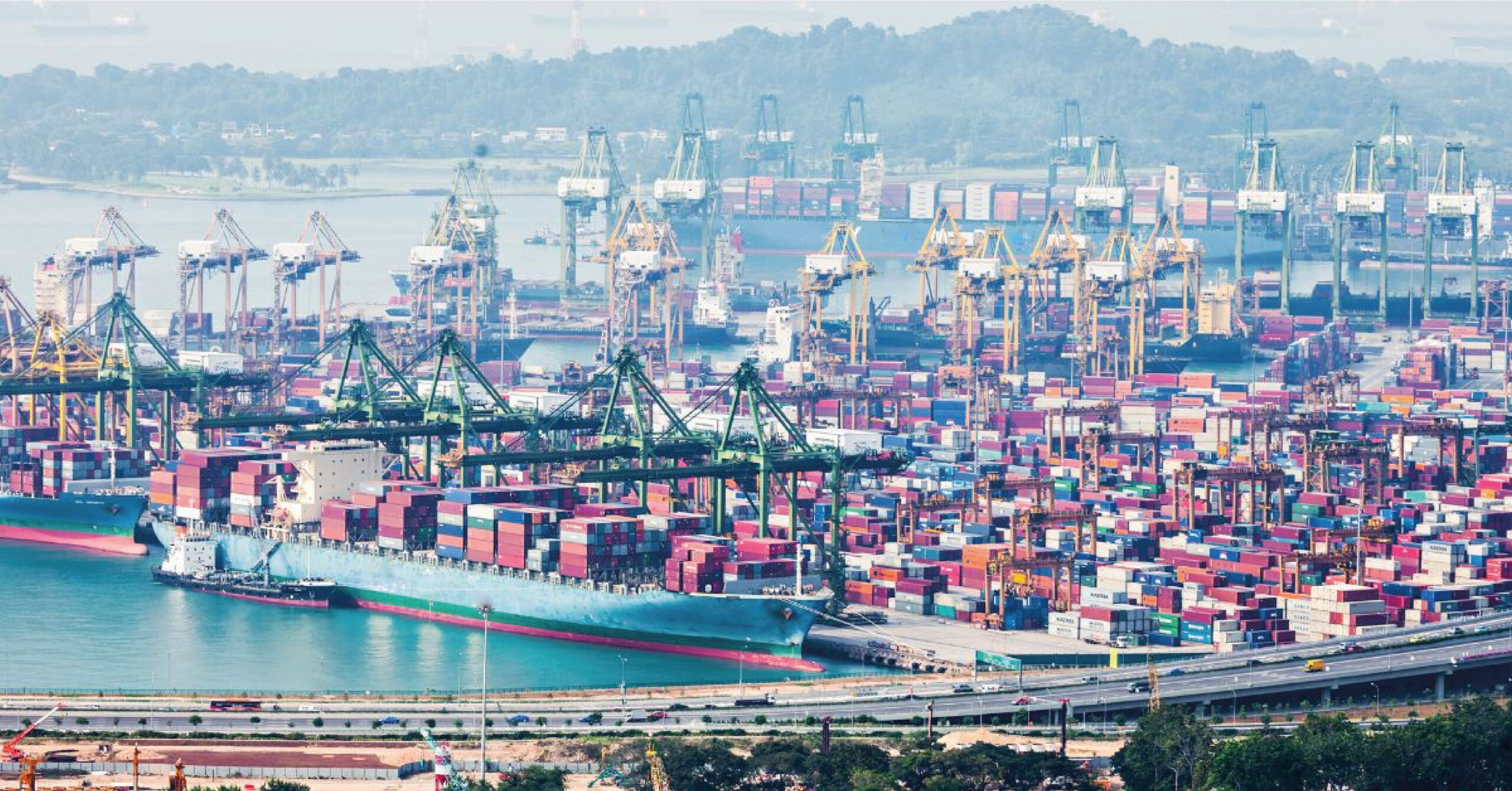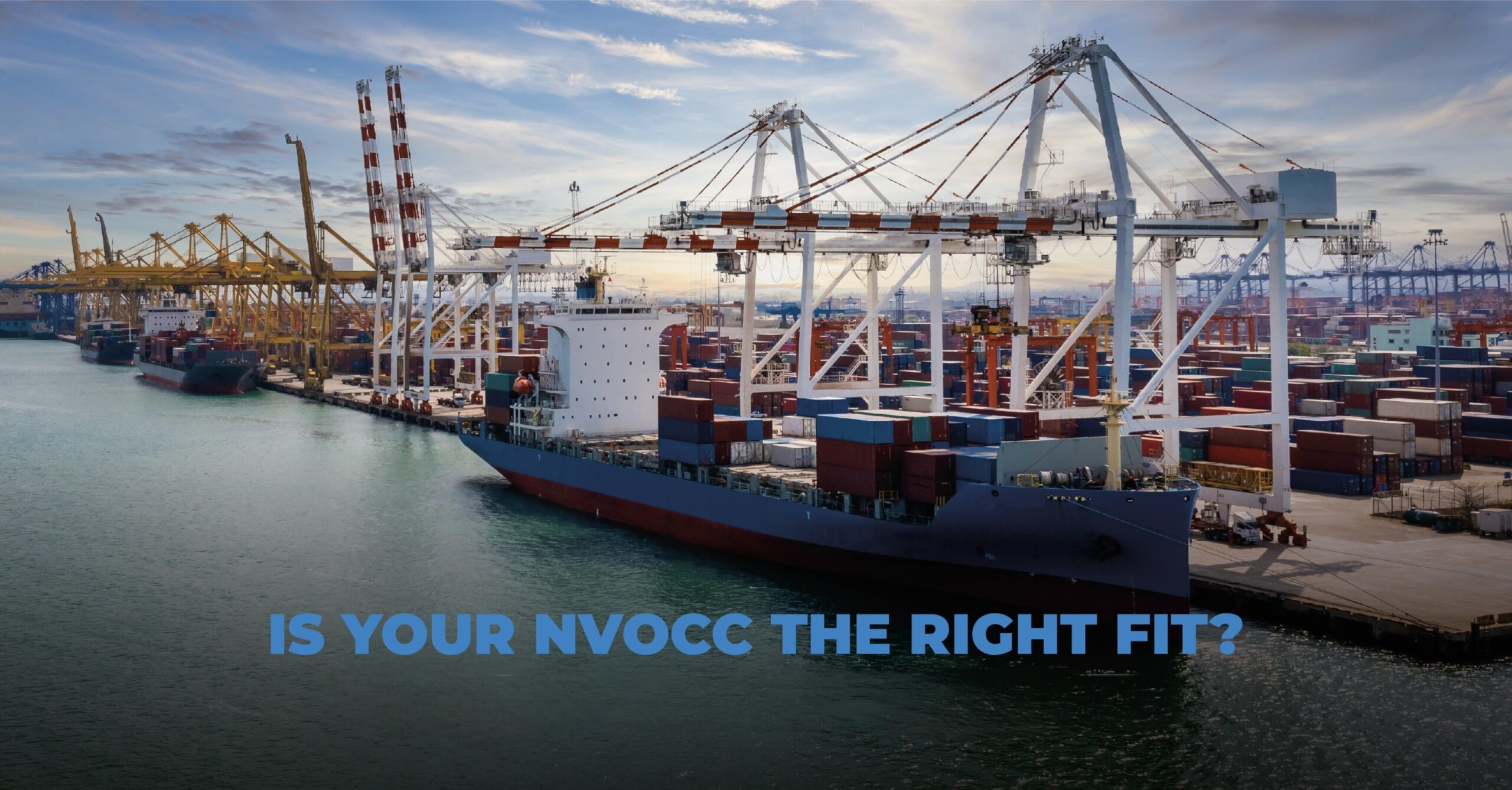In the bustling maritime industry, Singapore stands as a beacon of efficiency and reliability, boasting one of the world’s busiest ports. However, recent events have cast a shadow over this reputation as congestion grips the port, sending ripples of disruption throughout the global supply chain. For freight forwarders, the frontline orchestrators of cargo movement, these challenges have brought forth a myriad of operational hurdles and strategic considerations.
The congestion plaguing Singapore’s port is a multifaceted issue, stemming from a confluence of factors. Rapidly increasing trade volumes, exacerbated by the global economic rebound post-pandemic, have placed immense strain on port infrastructure and logistics networks. Coupled with labor shortages, vessel delays, and supply chain disruptions, the result is a perfect storm of congestion that threatens to impede the smooth flow of goods.
For freight forwarders, who act as intermediaries between shippers and carriers, the impact of port congestion is acutely felt. One of the immediate consequences is the escalation of costs. Delays in cargo handling and vessel turnaround times translate into increased demurrage and detention fees, as well as higher transportation expenses. Moreover, the need for expedited shipping options becomes more prevalent as businesses seek to mitigate the effects of delays, further driving up operational expenses for freight forwarders.
Beyond the financial implications, port congestion also poses significant logistical challenges for freight forwarders. Tighter berthing schedules and limited berth availability disrupt the carefully choreographed dance of cargo movements, forcing forwarders to adapt on the fly. This often means rerouting shipments, renegotiating contracts, and reallocating resources to ensure timely delivery—a task made all the more daunting amidst the uncertainty and unpredictability of congestion-induced delays.
The ripple effects of Singapore’s port congestion extend far beyond its shores, reverberating throughout the global supply chain. As a key transshipment hub connecting East and West, disruptions in Singapore have a cascading effect on shipping routes and transit times worldwide. Freight forwarders find themselves grappling not only with local congestion but also with the downstream consequences, navigating a landscape fraught with uncertainty and volatility.
In response to these challenges, freight forwarders are forced to adopt a proactive approach to mitigate the impact of port congestion. This entails forging stronger partnerships with carriers and shippers, fostering greater collaboration and communication to navigate the choppy waters of supply chain disruption. Embracing digitalization and leveraging advanced analytics can also provide forwarders with greater visibility and predictive insights, enabling them to anticipate and mitigate potential bottlenecks before they escalate into full-blown crises.
Furthermore, diversification emerges as a key strategy for forwarders seeking to weather the storm of port congestion. By diversifying transportation routes and modes, as well as exploring alternative ports of call, forwarders can reduce their reliance on any single node within the supply chain, thereby enhancing resilience and flexibility in the face of disruption. This may entail exploring alternative transportation options such as rail or air freight, albeit at a higher cost, to circumvent congested maritime routes.
According to Mr. Ronald Chandiram, Managing Director of RSL Containers Group, a leading player in Freight Forwarding, despite the myriad challenges posed by port congestion, there is also an opportunity for innovation and adaptation within the freight forwarding industry. By embracing technological advancements, forging strategic partnerships, and adopting a proactive mindset, forwarders can not only navigate the current storm but emerge stronger and more resilient in the face of future disruptions. As the maritime industry grapples with the complexities of a rapidly evolving global landscape, adaptability and agility will be the defining traits of success for freight forwarders navigating these choppy waters.






